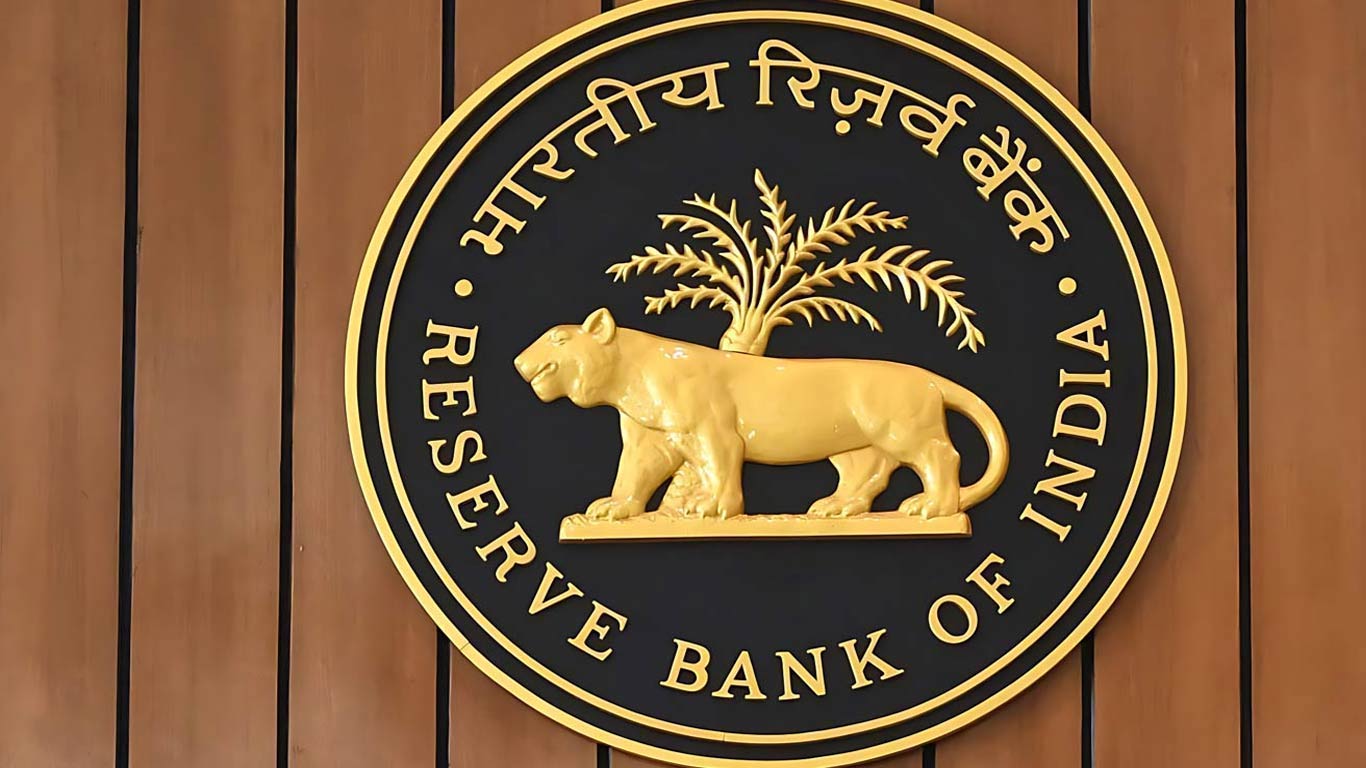Centre boosts gold import tax to 8% to curb CAD
Updated: Jun 06, 2013 01:08:17pm

"The import duty on gold has been increased from 6 per cent to 8 per cent," revenue secretary Sumit Bose said.
It has banned import on a consignment basis, where the importing bank doesn’t have to fund it till actual sale and disallowed any credit facility for this. The duty changes will be effective immediately.
Further, in the wake of discouraging the buying of yellow metal, the Reserve Bank of India (RBI) tightened gold import rules on Tuesday.
The RBI has also extended the restrictions on gold imports from banks to all other nominated agencies or star trading houses, which have been allowed by the government to import gold.
At the same time, nominated banks and other agencies can import gold only on 100 per cent cash basis, unlike using all letter of credit (LC) benefits. Any import of gold will now be allowed only for meeting exporters' need of gold jewellery, the RBI said in a statement.
This is the second hike in gold import duty since January. Gold import duty has been hiked to 8 per cent from 2 per cent in past two years. In the last two years import duty on gold has gone up almost eight fold compared to the Rs 300 per 10 grams that used to be before 2012.
Asking banks to advise customers against investing in gold, Finance Minister P Chidambaram said monthly average gold import of 152 tonnes was unsustainable.
The high current account deficit remains a major concern, he added.
In April 2013, gold and silver imports surged by 138 per cent to USD 7.5 billion, as against USD 3.1 billion a year ago. The World Gold Council (WGC) expects India's gold import to touch a record level at 300-400 tonne in April-June quarter.
A rising deficit impacts the country's foreign exchange reserves as well as the value of its currency. India's current account deficit hit a record high of 6.7 per cent of its gross domestic product (GDP) in the October to December quarter.
The Indian rupee has fallen nearly 5.2 per cent against the dollar since May amidst rising concerns that the country will find it difficult to fund its current account deficit that is projected to touch record high of 5 per cent of GDP last year if the US Fed scaled down its quantitative easing programme.
Finance minister had already said on Monday that the government could consider more measures to curb gold imports. "Necessarily, we will have to check," he had said after a meeting of the Financial Stability Development Council (FSDC) that deliberated on the issue.
Higher gold imports have been the key reason for the widening current account deficit which touched a record high 6.7 per cent of GDP in the December quarter. The Finance Minister has been saying that the current account deficit and the rupee are very important to monitor at this point in time. FSDC had discussed that in May itself 262 tonnes of gold was imported. On an average about 700-800 tonnes gold is imported. Last year it was a 1000 tonnes and the finance ministry wants that to be moderated.
Gold is the second most expensive import for the country after crude oil. The government also worries that large amounts of savings locked up in gold curtail liquidity and therefore investment in infrastructure and other drivers of the economy.
Some industry players said the latest move was likely to result in a sharp decline in shipments over the next couple of months.
"In April and May we imported around 300 tonnes. In June and July imports would be around 90 tonnes," the director with RiddiSiddhi Bullions Ltd, a Mumbai-based gold wholesaler, Prithviraj Kothari said according to a media report.
Haresh Soni, chairman, All India Gem and Jewellery Trade Federation, said the new restrictions will dampen gold demand.
"There is uncertainty in the market due to these restrictions. Domestic jewellers will have to pay upfront to the bank which at times becomes difficult for them. Moreover, they will have to place orders with the banks in advance. If a sudden demand emerges due to falling prices, jewellers will not be in a position to meet it instantly. They will have to wait till banks provide the metal."
However, some argued that the increase in the import duty was unlikely to impact imports as consumer demand remained high. They warned that it might encourage smuggling.
"From the last few months all the wrong decisions are being taken by the government to tackle gold imports," said president of the Bombay Bullion Association, Mohit Kamboj told the media.
Rather than curb imports, it would lead to smuggling in his opinion. (KNN)











